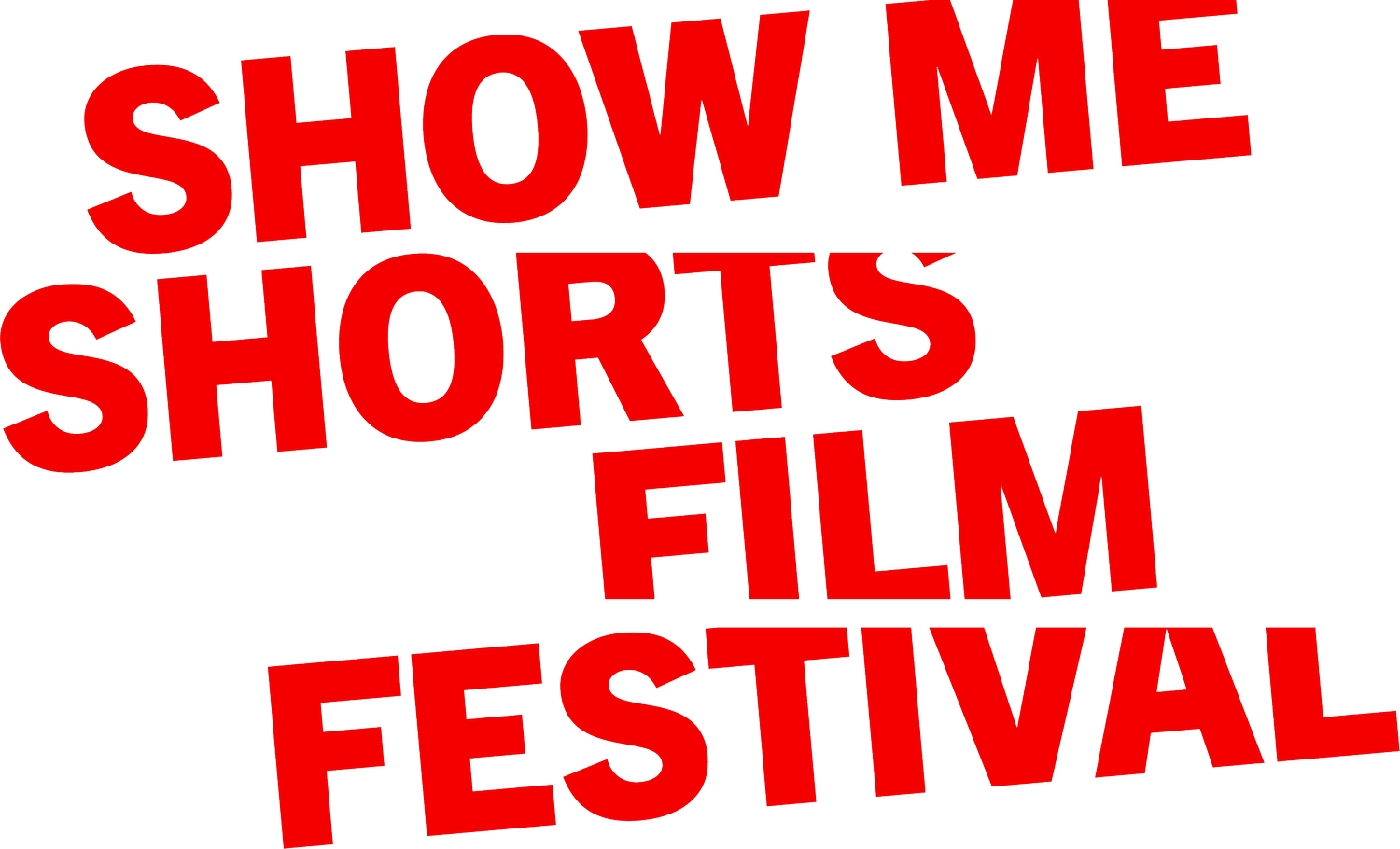How Will Covid-19 Change Your Short Film Shoot?
In a post Covid-19 world we need art to help us process and express our complex feelings, and enrich our lives. Now more than ever. Filmmakers must find ways to keep making art, while keeping themselves and their crews safe.
We are fortunate in Aotearoa New Zealand that proactive government measures and a cooperative public response to mitigate Covid-19 have virtually eliminated the virus. Film production is now beginning to resume! Small local TV productions like Wellington Paranormal and Westside as well as large international films like James Cameron’s Avatar sequels are already starting to roll their cameras again.
The pan-industry Health and Safety organisation ScreenSafe has developed a range of new standards and protocols for that allow filming to take place safely, and in compliance with government rules and restrictions.
What does this mean for your upcoming short film shoot?
It is important for producers to read these guidelines thoroughly to ensure you are complying with the law and fulfilling your duty of care for your team. There are new guidelines for each department here too, so department heads can click straight through to their area of responsibility.
While some of the new rules are more applicable to big productions, others apply even to solo-crew filming. These ‘small crew’ shooting guidelines will be the most useful part for short film makers to go over in detail.
Key new aspects include:
Registering with ScreenSafe is mandatory. All film shoots, including for student shorts and solo-crew content creation must register before beginning shooting. This rule is there to help ScreenSafe and WorkSafe get an idea of how much filming is going on and where it’s happening so they can support the screen industry.
Check your filming permit requirements. These have changed. Pre-Covid you could get away with shooting a short film without a permit if the crew had nine or less people. Now many councils are requiring all shoots regardless of size to be permitted. All producers shooting on public land anywhere must check with the relevant council to find out if they need a filming permit.
Plan to allow for social distancing at production meetings and during the shoot where possible.
Unit planning must include provisions for hand washing and hand sanitiser. And no snacks or meals should be provided in open bowls for collective consumption.
Small adjustments you can make to usual practices such as scheduling hair and make-up calls with gaps, and serving meals and snacks in single servings could have a big impact on restricting the spread of the virus and our ability to contact-trace further outbreaks.
We think these new guidelines will remain in place for the long-term as a way to protect Kiwis from current as well as future virus outbreaks. If we all follow these rules it will help the New Zealand film industry to bounce back stronger than ever.
Kiwi filmmakers are renowned as adaptable innovators, so we know we can adjust the way we make films to better protect each other. Kia kaha everyone. The team at Show Me Shorts can’t wait to see the new short films you are making.
